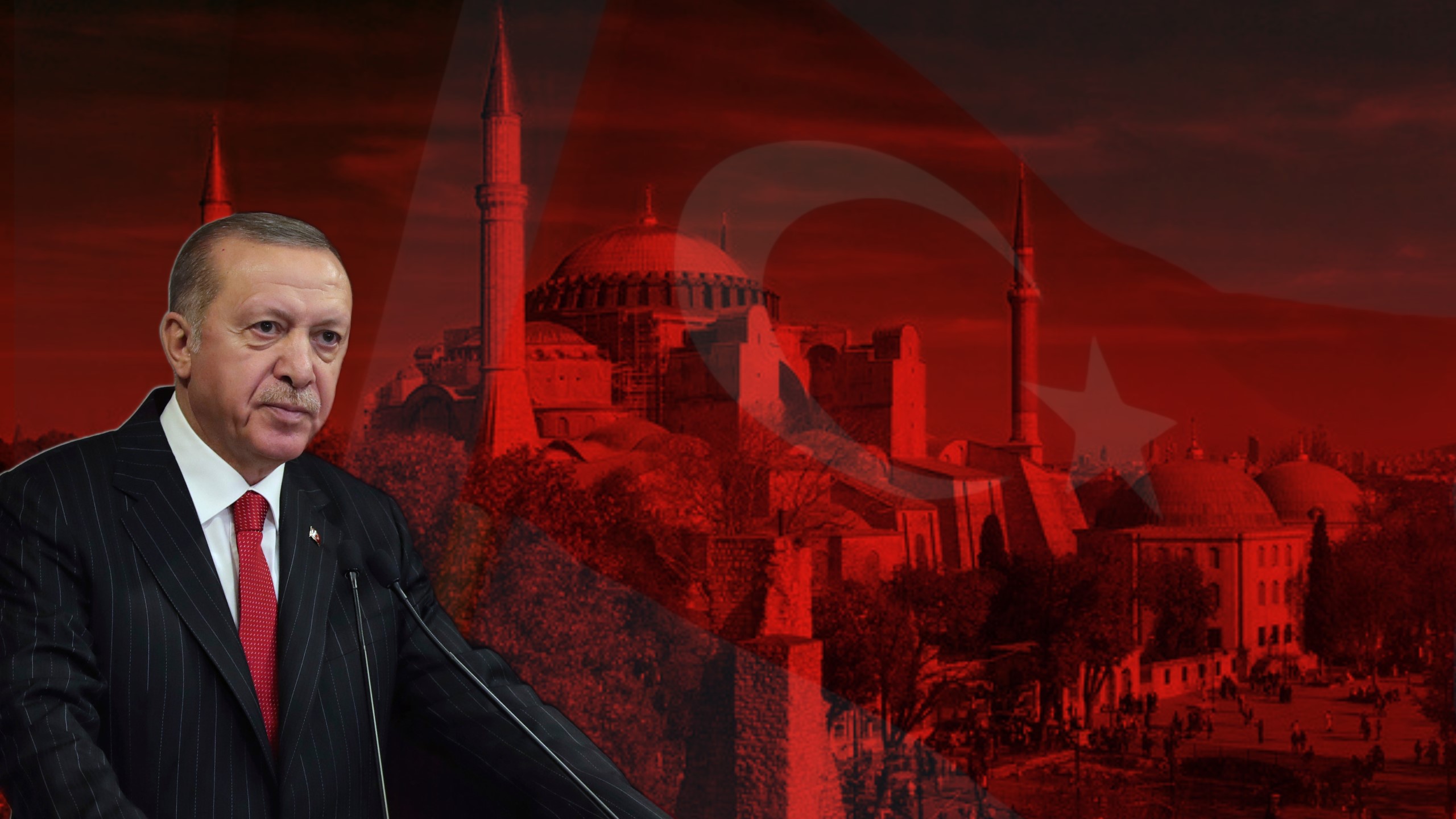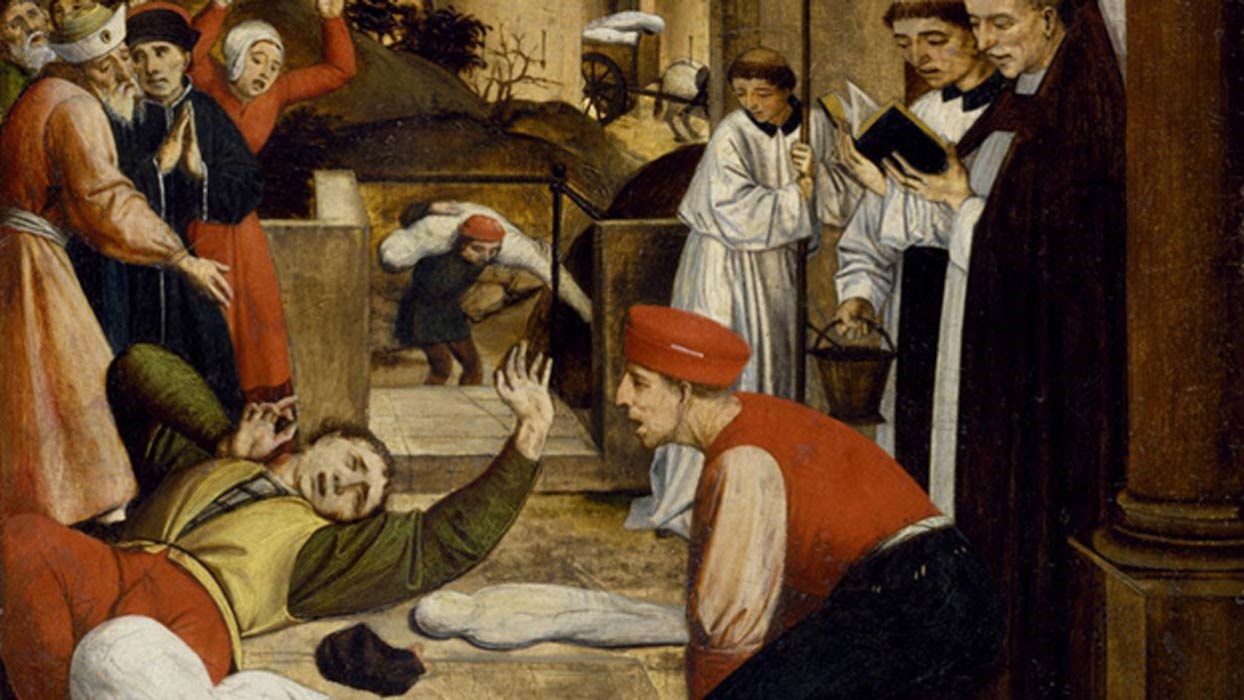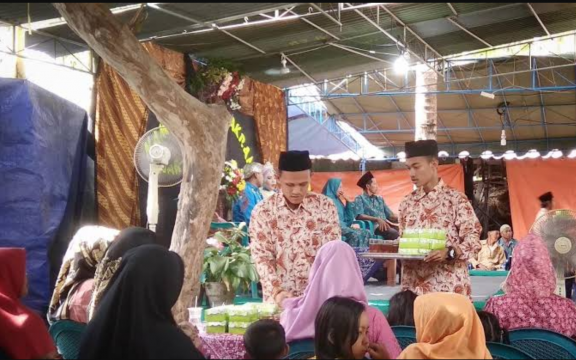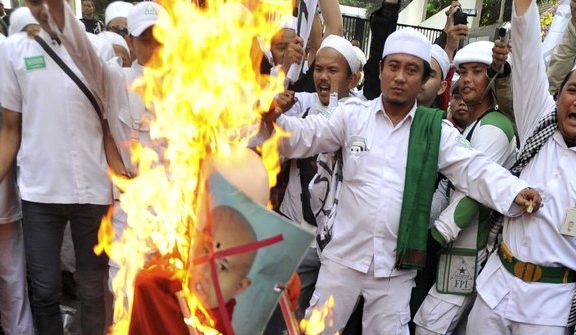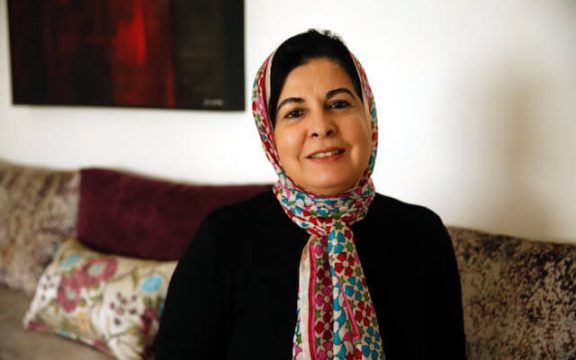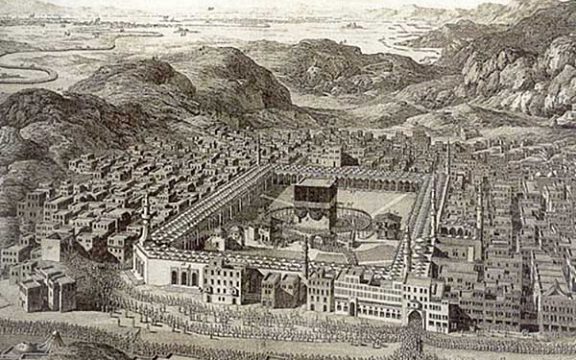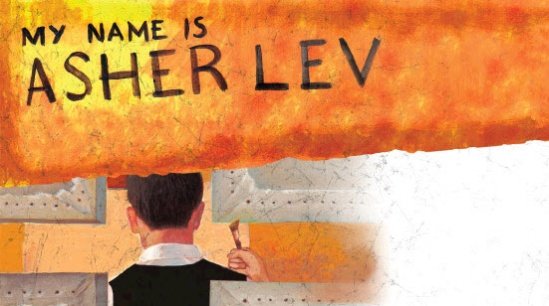All these times, it is quite often for Al Quraan as Muslim’s holy book to be perceived as the main reason to establish a khilafah, or an Islamic government system. Propositions mentioned by the groups that promote khilafah didn’t give any room for non-Muslims to contribute in the government or in the social-politic life. To the extreme of it, is the effort to label the opposite groups as infidels, or even to get rid of them; whereas it’s clear in the Quraan all the guidance of how the teachings of Prophet Muhammad PBUH completed the teachings of other religions that preceded it.
The book written by Dr. Sa’adullah Affandy is addressed to the alternative perception of the abrogation of religion(s). In his doctorate researches, Sa’adun, a lecturer at post-graduate program in STANU, did an excursion on debates among the exegetes of the Quraan about the nasikh-mansukh issue that related to the teachings of (a) religion. Sa’dun is convinced that Islam is a reference for mankind to carry out the laws that were brought by Prophet Muhammad as the complement of the teachings of preceding prophets. “Among thousands of verses in the Holy Quraan, it is ascertained that there are not a single word of God stating abrogation (cancellation) of religions,” wrote Sa’dun.
In the Introduction, KH Husein Muhammad put the pro-contra about nasikh-mansukh in a discourse on the commentary of the Holy Quraan. Those who support the naskh debated about the quantities as well as the sections. Syekh Waliyullah al Dihlawi (d. 1762), a reformer ulama from India, compiled these verses into a collection of 500 verses, although long before him Imam Jalaluddin as Suyuthi had stated that there were only 21 verses fit into the realm of nasikh-mansukh. Later on al Dihlawi did a thorough research and concluded that there were only 5 verses in this category.
Husein Muhammad continued by mentioning Abu Muslim al Isfani (1277-1365) as the most notable person who rejected the presence of naskh in the Holy Quraan. According to him it’s a fact that Al Quraan mentioned the word “naskh” (elimination) of a verse as it’s written God’s words “maa nansakh min aayah”; but this is not referred to the elimination of a text from the Quraan. The word “ayah” (verse) here should be interpret as “the signs of the Greatness of Allah” or miracles (page 42).
Inter religion tolerance
Sa’dun who is a katib syuriyah in PBNU laid inter religion dialogue as the main pendulum of the narration’s movement. Sa’dun revealed that Islam and Christianity actually are branched from the same source, which is Ibrahim’s (Abraham) genealogy. This is based on the research conducted by Prof. DR. KH Said Aqil Siraj (2006). “Christianity was born as religion of the Book brought by Prophet Isa (Jesus), whilst Islam came from the line of Prophet Muhammad. These two noblemen met in one descent figure, Abraham. Jesus’ line came through Prophet Ishaq (Isaac), one of Abraham’s sons, who begat Bani Israil (Sons of Israil (Jacob), or the Jewish people). While Prophet Muhammad is the descendant of Prophet Ismail (Ishmael), half-brother of Isaac, who became the source of the Arab’s genealogy (page 51).
In his book Sa’dun propped his arguments on history and the debates in religion abrogation simultaneously. This rests on the interpretation of Quraanic verses, al Baqarah, verse 2 (Quraan Chapter 2 Verse 2). According to this alumnus of Babakan Ciwaringin Islamic School, regarding this verse the mufasirs (commentators) are divided into two factions. The first says this verse has already been Mansukh by Quraan Chapter 3 Verse 85. This first faction are consisted of classical commentators such as al Thabari (d. 256 Hijri), Ibn Katsir (d. 774 Hijri), and Syaikh Nawawi al Bantani (d. 1314 Hijri). They based their argumentation on the history of Syekh Ibn Abbas (d. 68 Hijri).
Meanwhile, the second faction denied the naskh abrogation. They stated that Quraan Chapter 3 Verse 85 is parallel to Chapter 2 Verse 62; it implies that thorough salvations both in life and the afterlife is not due to the jinsiyyat al diniyyah (the religion that one’s affiliated with), but it’s relying upon one’s faith, good deeds and humanity (page 59).
In his work Sa’dun focused his study on the interpretations of Quranic verses about the polemic around extra-Quranic naskh, which effect is the doctrine of annihilation on pre- Islamic religions (Judaism, Christianity, Majusi (Zoroastrian) and Sabiah) by Islam.
Sa’dun formulated a couple of conclusions related to his denial upon intra and extra-Quraanic naskh. First, the treatise brought by Prophet Muhammad could not abrogate the preceding religions. Second, Chapter 2 Verse 62 is still operative and couldn’t be naskh by Chapter 3 Verse 85. Third, Sa’dun stated that Verse 106 in Chapter 2 of the Holy Quraan that referenced as the source of intra-Quranic naskh could not justify the abrogation of pre-Islamic religions (extra-Quranic naskh) as interpreted by Muhammad Abd al Jabiri (d. 1995 AD). Fourth, since the time of Prophet Adam until Muhammad PBUH, the only religion mentioned is Islam, while its teachings are occurred dynamically (pages 237-239).
In this context, if one religion is universal and consists of many sharia (law), then sharia is temporary. The sharia brought by Prophet Muhammad is interpreted as the completion of the sharia brought by the preceding prophets. Prophet Muhammad did not annihilate the preceding sharia, but completing and compiling them into one strong religion (din wahid).
Sa’dullah Affandy’s research in this theme give a valuable contribution; it revealed that Quranic interpretation about the abrogation of religions are not adequate to be used as a reason to reject NKRI as the principal base of this nation. From his research, it is clear that Islam is completing the predecessing religions, which is not mean that it is annihilating the sharia, values and principles of the predecessing religions. Therefore it is just as righteous for Muslims to see the adherents of other religions in a decent communicaton bridge and human tolerance.
By: Munawir Aziz, NU’s young intellectual, researcher.
![Islami[dot]co](https://en.islami.co/wp-content/themes/jambualas/images/logo.png)

